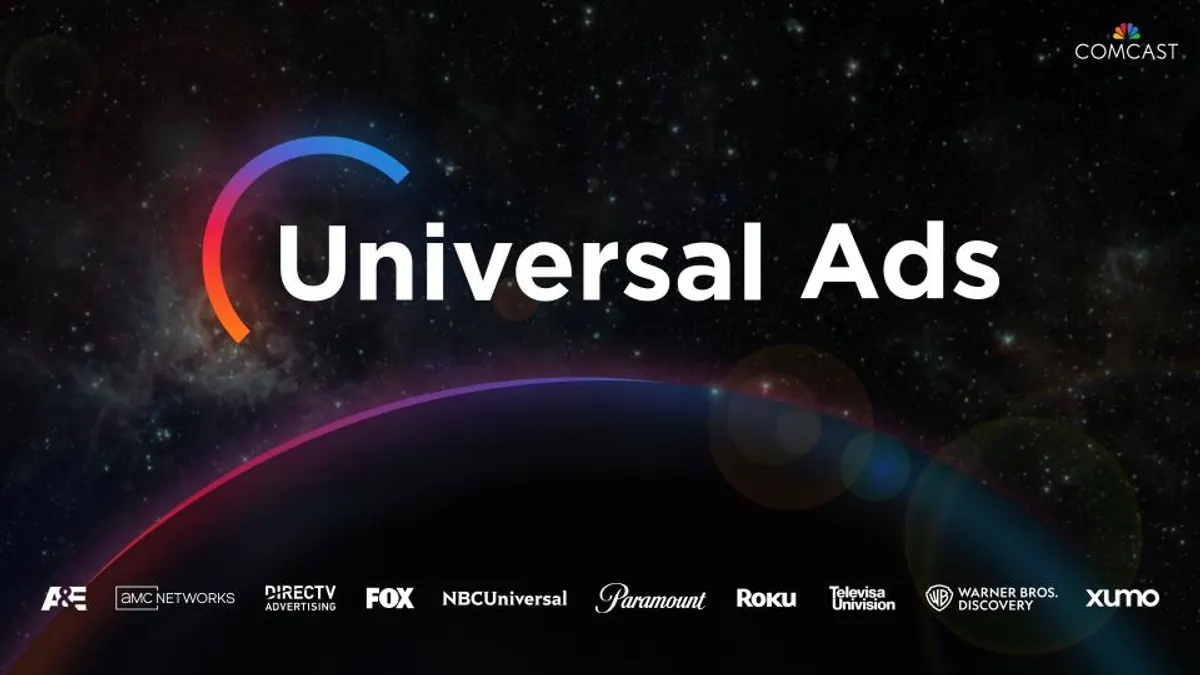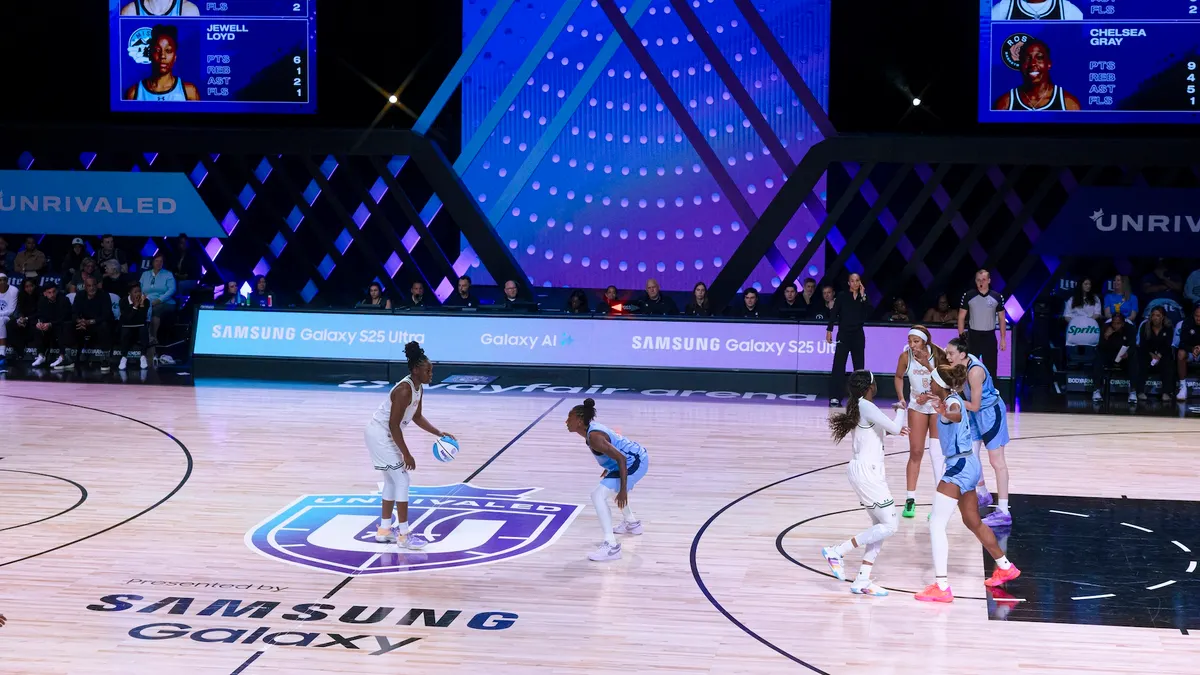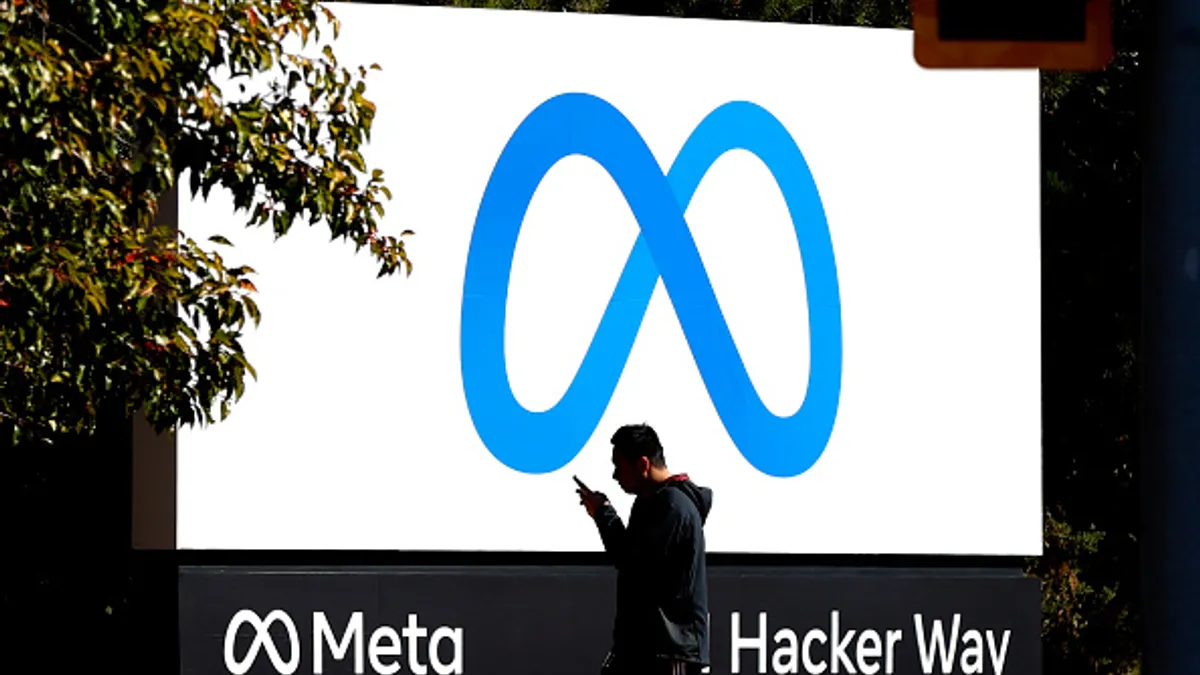Media Evolution Since 2020: Navigating a Fragmented Landscape
The media landscape has transformed significantly since the start of the pandemic in 2020. Brands face new challenges and opportunities as they navigate a fragmented ecosystem. This article examines the key trends shaping the future of media, from the rise of TikTok to the growth of Connected TV (CTV) and retail media networks.
TikTok's Impact on Social Media
TikTok's popularity has reshaped social media, emphasizing short-form video content and algorithmic recommendations. This shift has impacted brand interaction with culture, requiring faster response times and a focus on creator-driven content.
“The content production quality has changed. The window for capturing attention has become really, really short,” says Alison Mayes, Managing Director of Apollo Partners.
While TikTok's influence is undeniable, advertisers initially hesitated due to measurement challenges and concerns about its ownership.
CTV's Rise and the Future of Television
The pandemic accelerated cord-cutting and fueled the growth of CTV. While ad spend is increasing, it still lags behind linear TV. However, the shift to digital consumption is clear.
“From a platform perspective, it is an arms race to acquire rights to quality content and sports,” notes Jamie Rubin, Chief Media Officer at 22Squared.
Measurement remains a key challenge for CTV advertising, with no standardized industry methods.
The Retail Media Gold Rush and its Uncertainties
The rise of e-commerce and the decline of third-party cookies propelled the growth of retail media networks. While offering precise targeting, these networks present challenges related to transparency and standardization.
Many brands view retail media as a necessary cost, but concerns remain about data accessibility and comparing performance across different retailers.
Navigating the Future of Media
The current media landscape presents both opportunities and complexities. Brands must adapt to the evolving consumer mindset and embrace new technologies while prioritizing long-term brand building alongside performance marketing.
The rapid pace of change in the digital advertising industry requires agility and a willingness to experiment with new approaches. Generative AI and other emerging technologies offer potential solutions for navigating this evolving landscape.
“We need to remember that change — even massive, unsettling change — isn’t always bad. The digital advertising industry was born from change, and it was born to change,” said David Cohen, CEO of the Interactive Advertising Bureau.
Informa, which owns a controlling stake in Informa TechTarget, the publisher behind Marketing Dive, is also invested in WARC. Informa has no influence over Marketing Dive’s coverage. Chantal Tode contributed additional reporting to this story.








